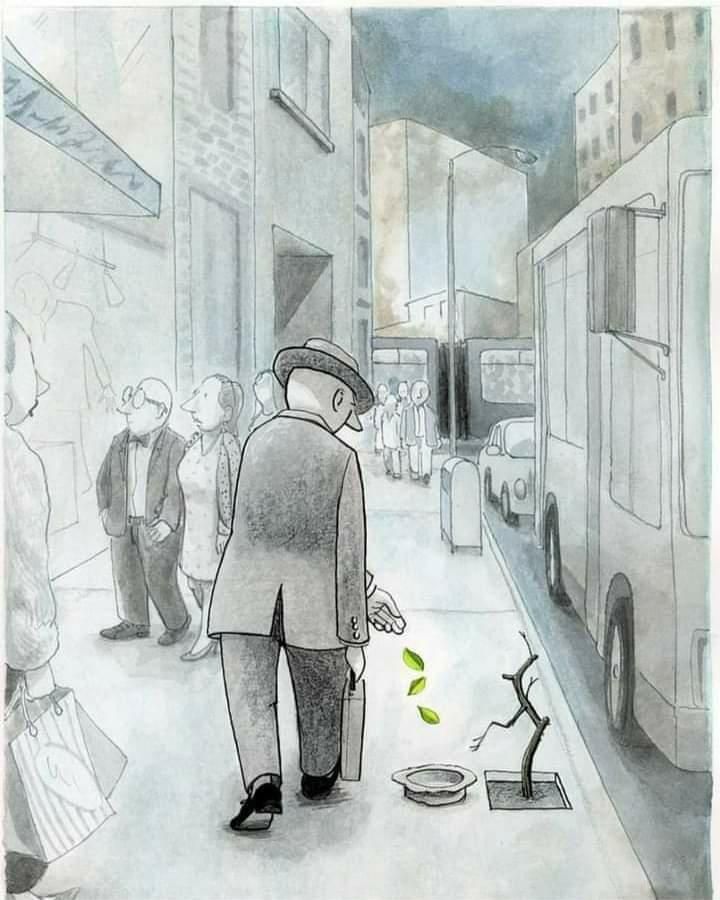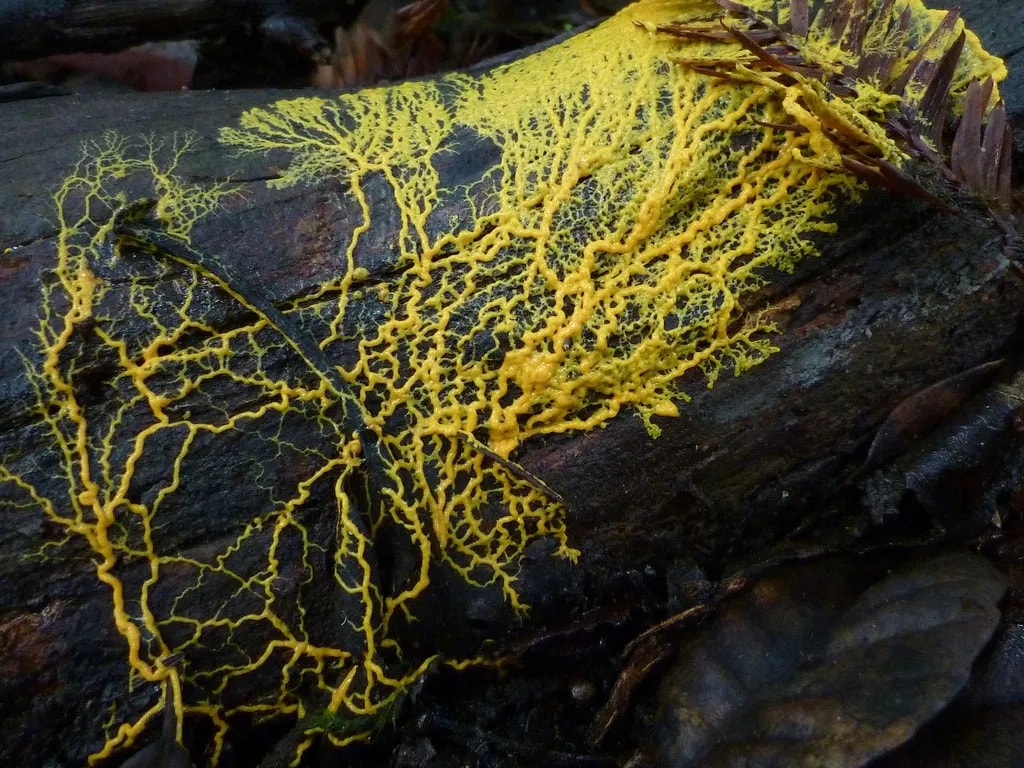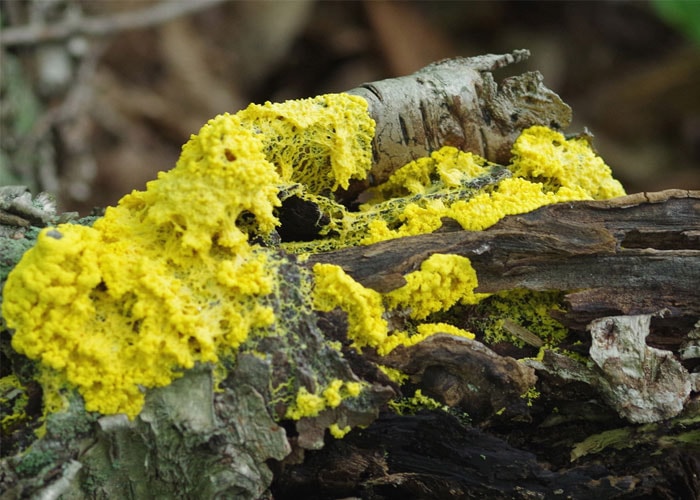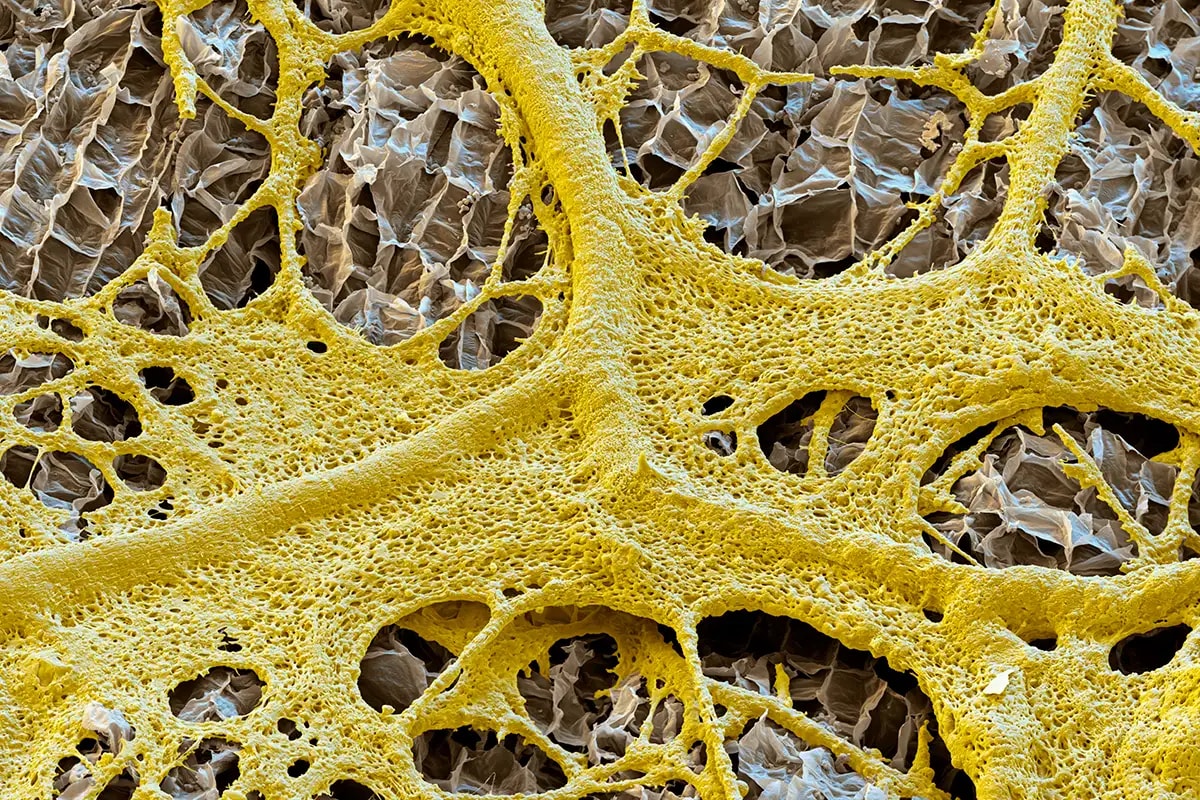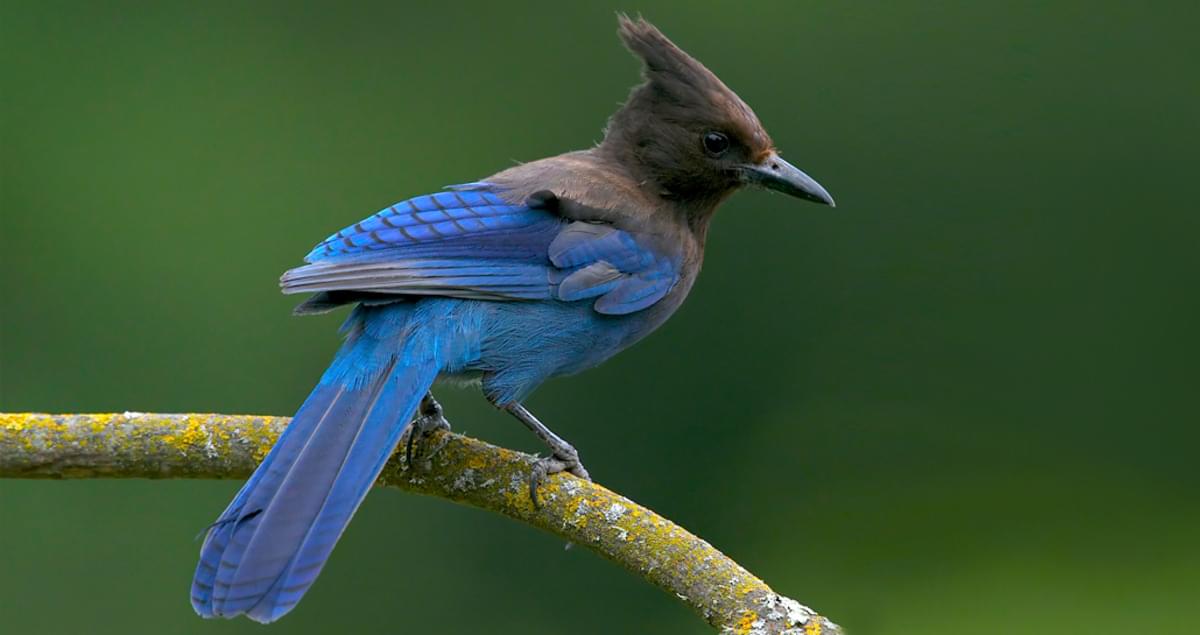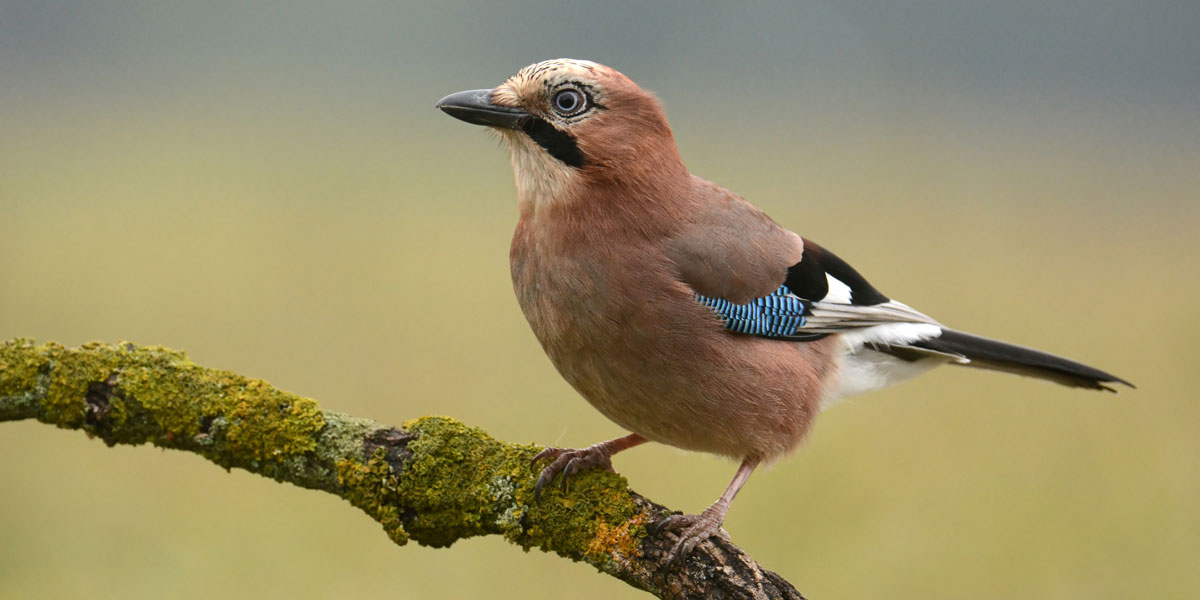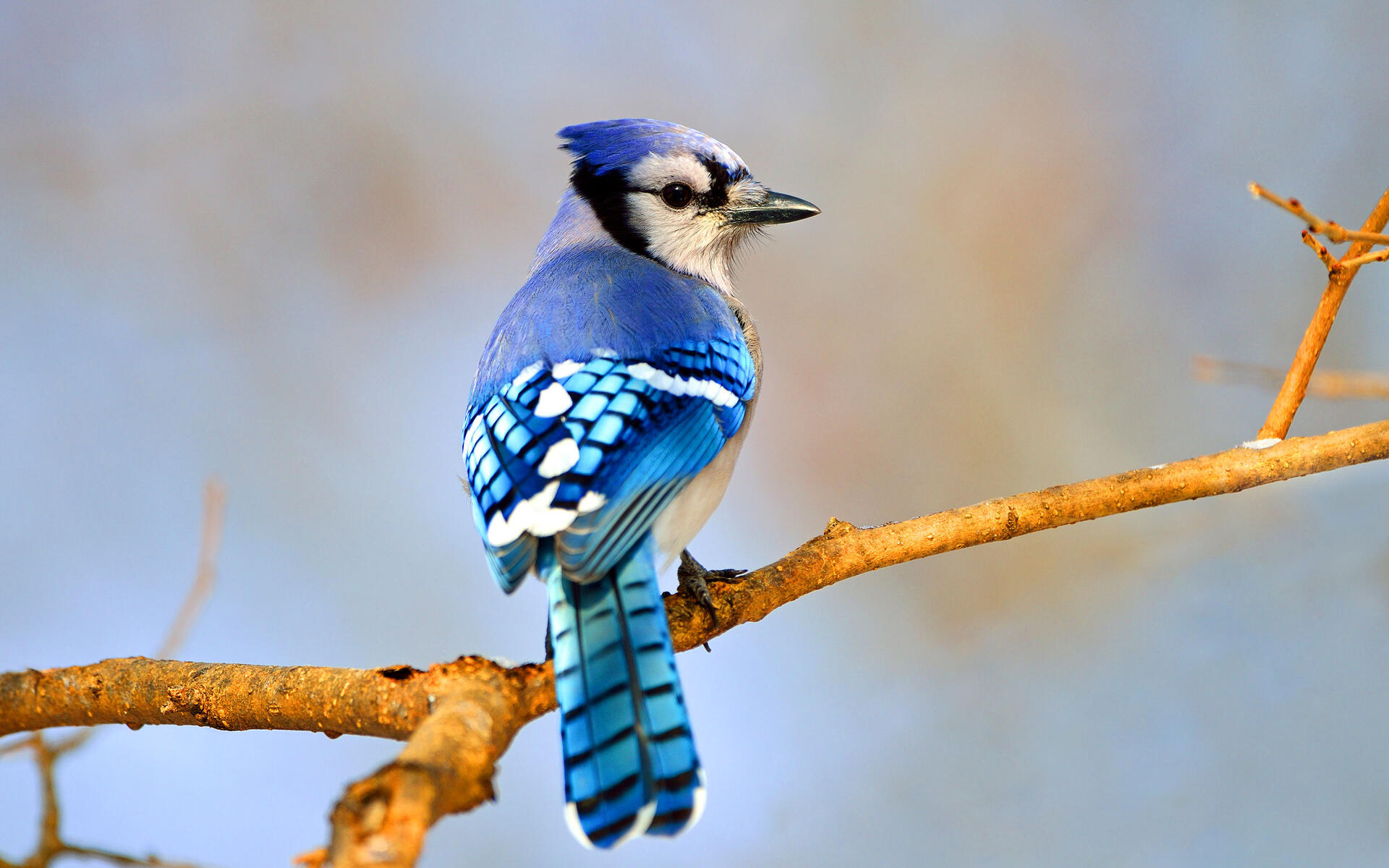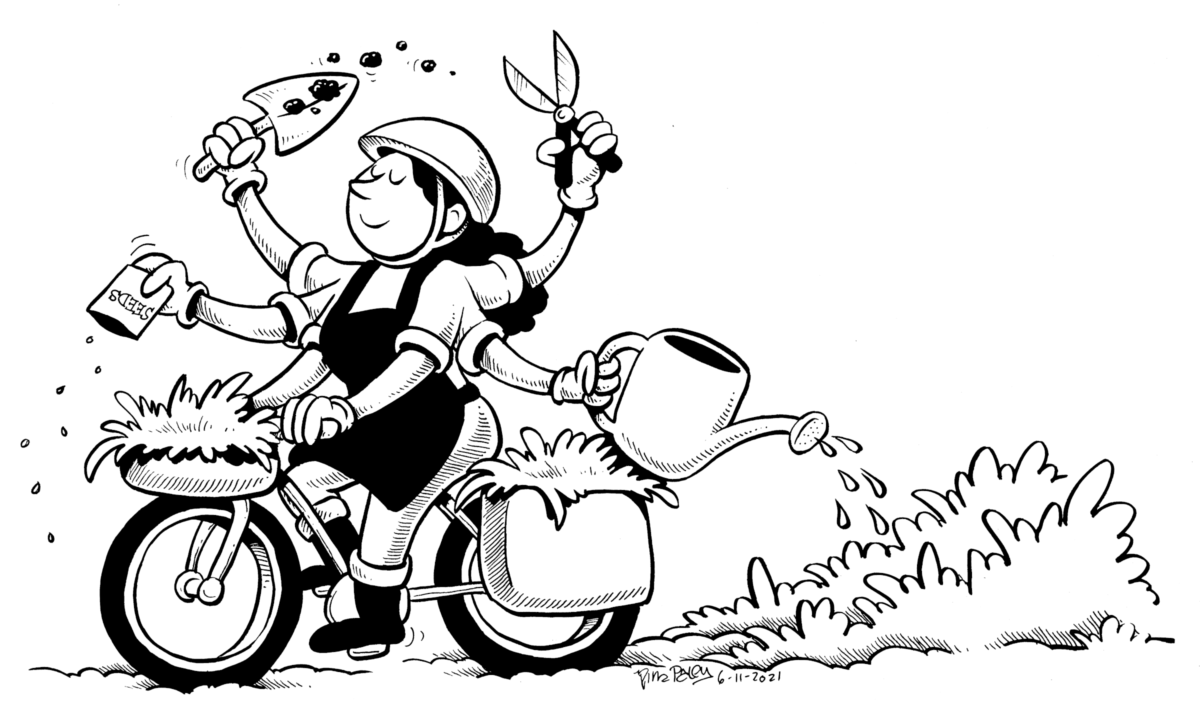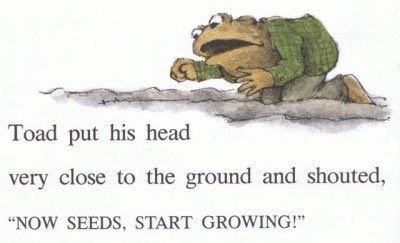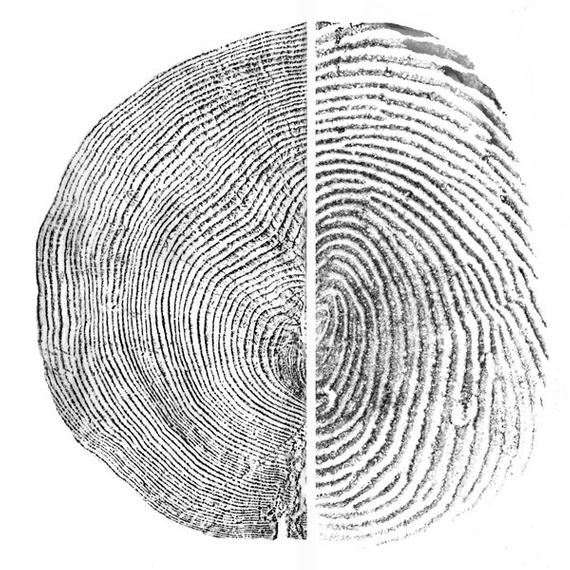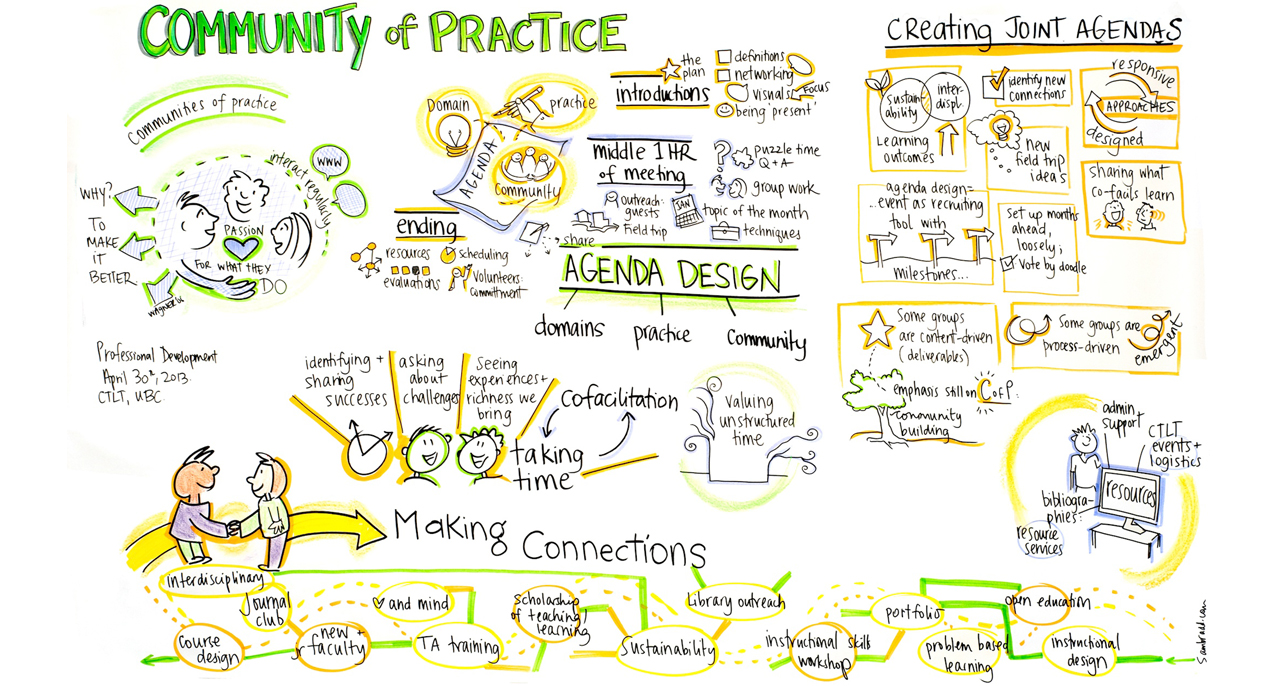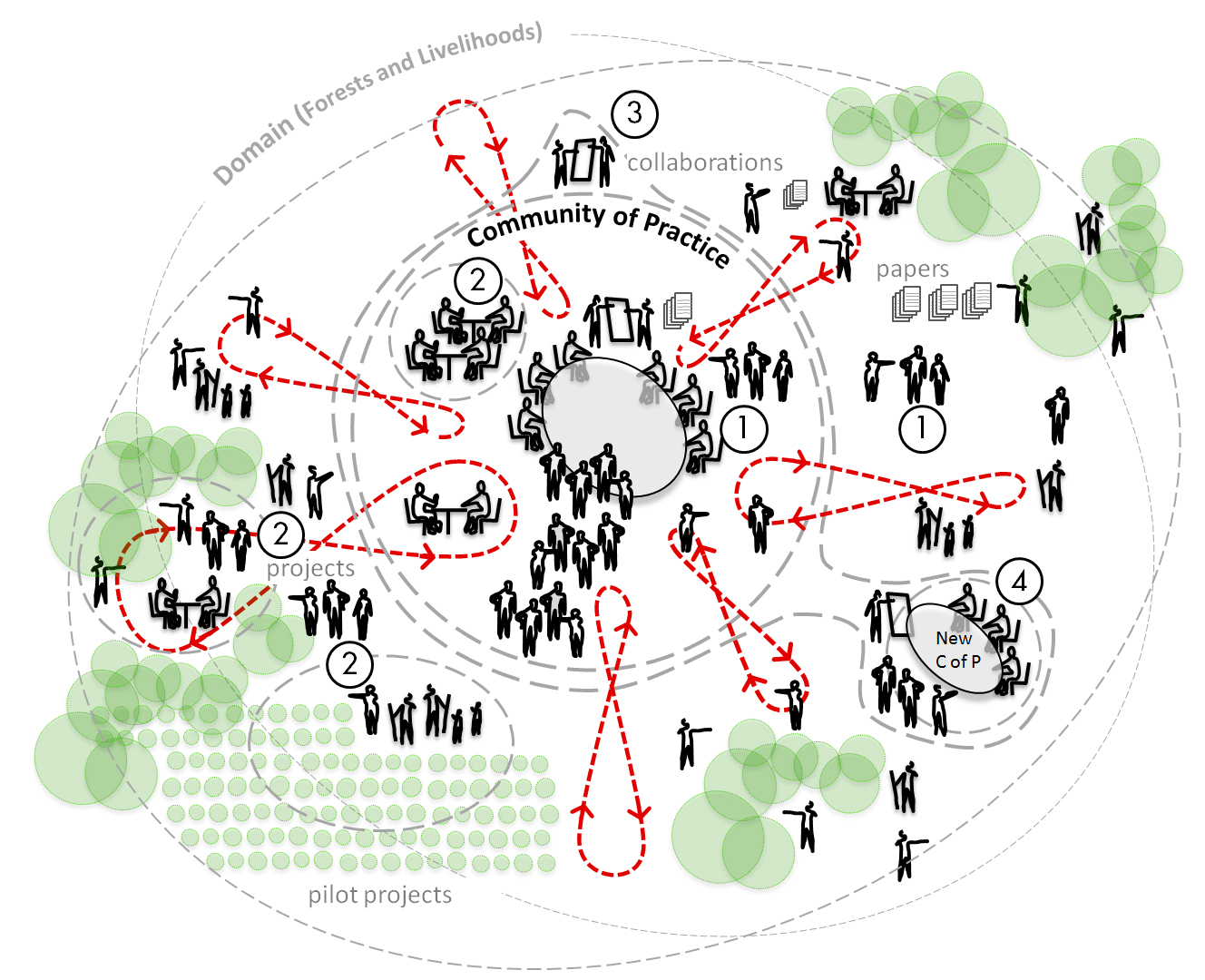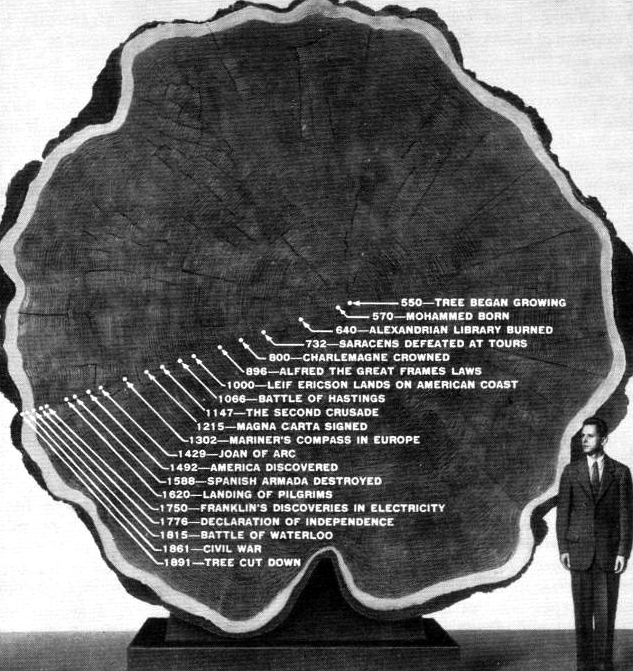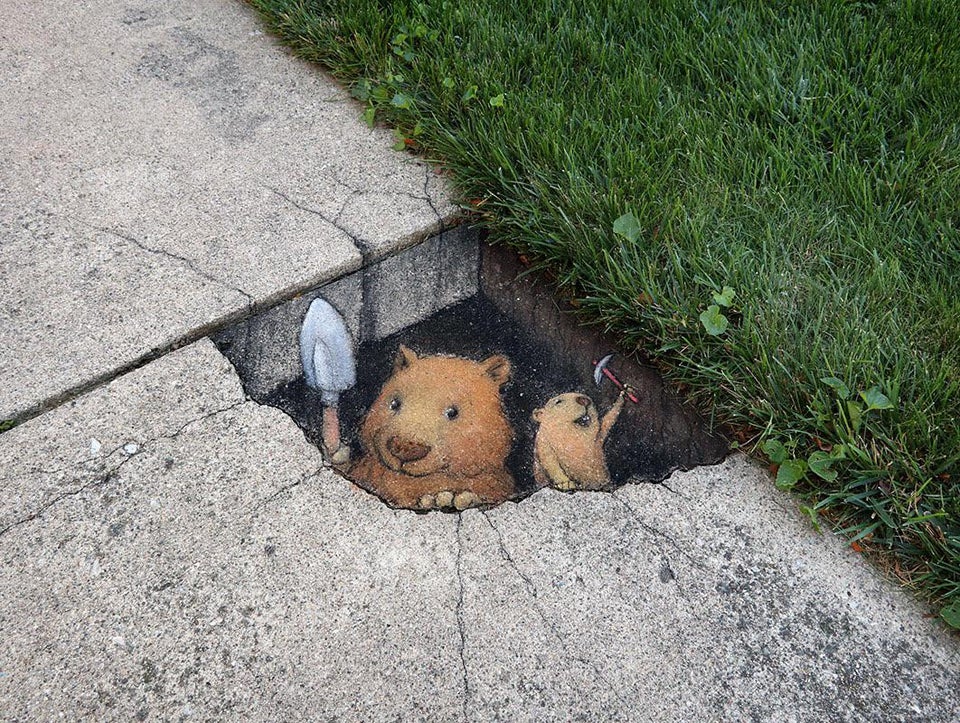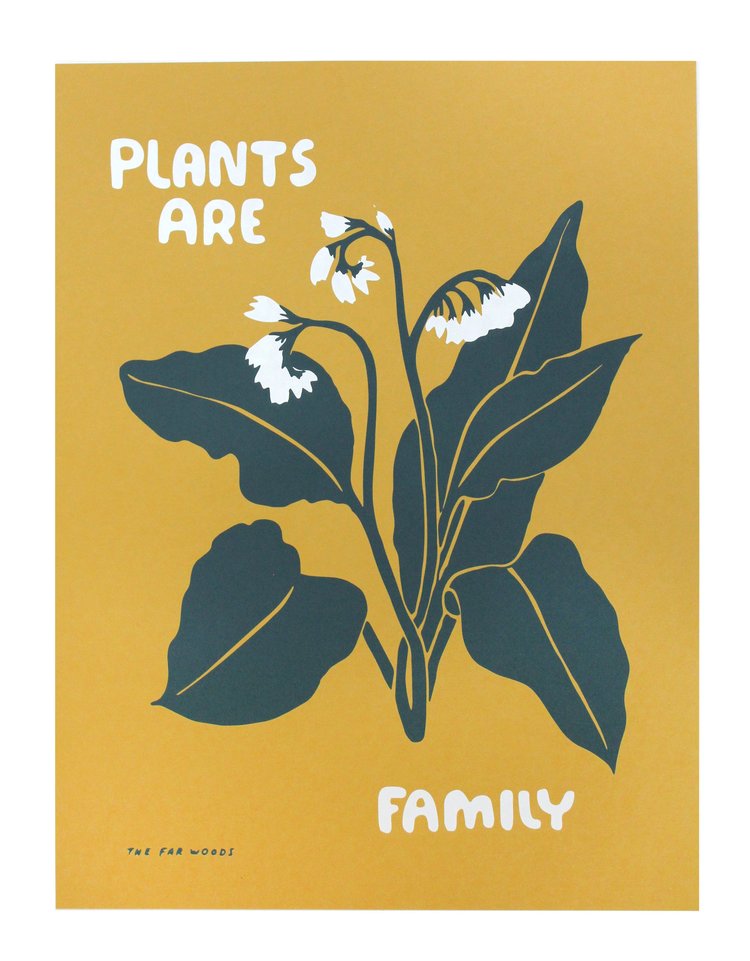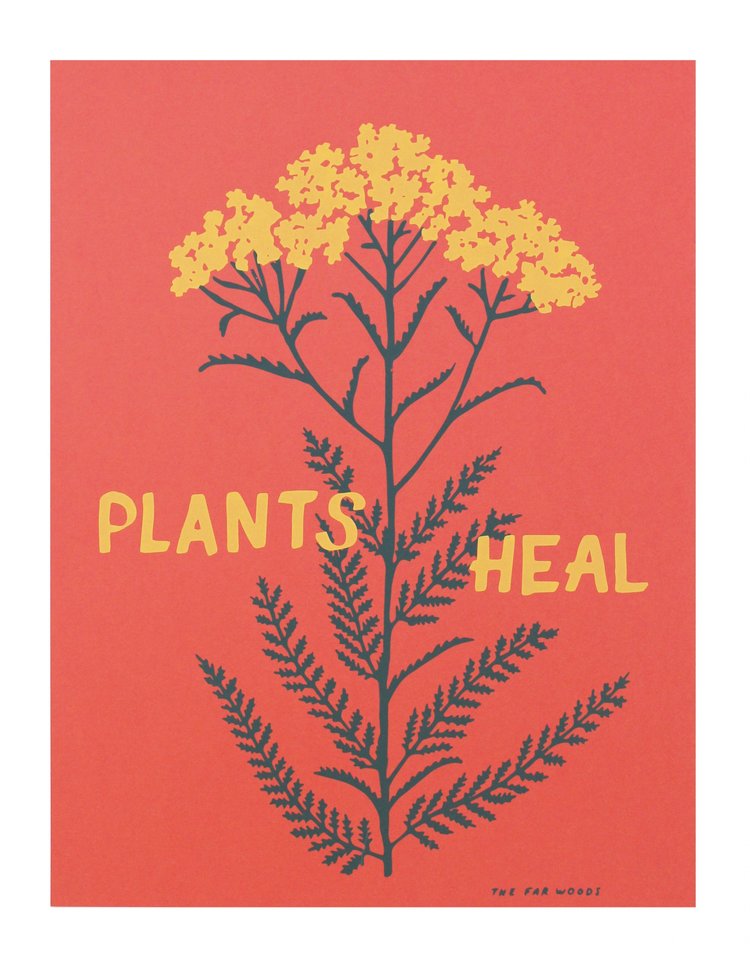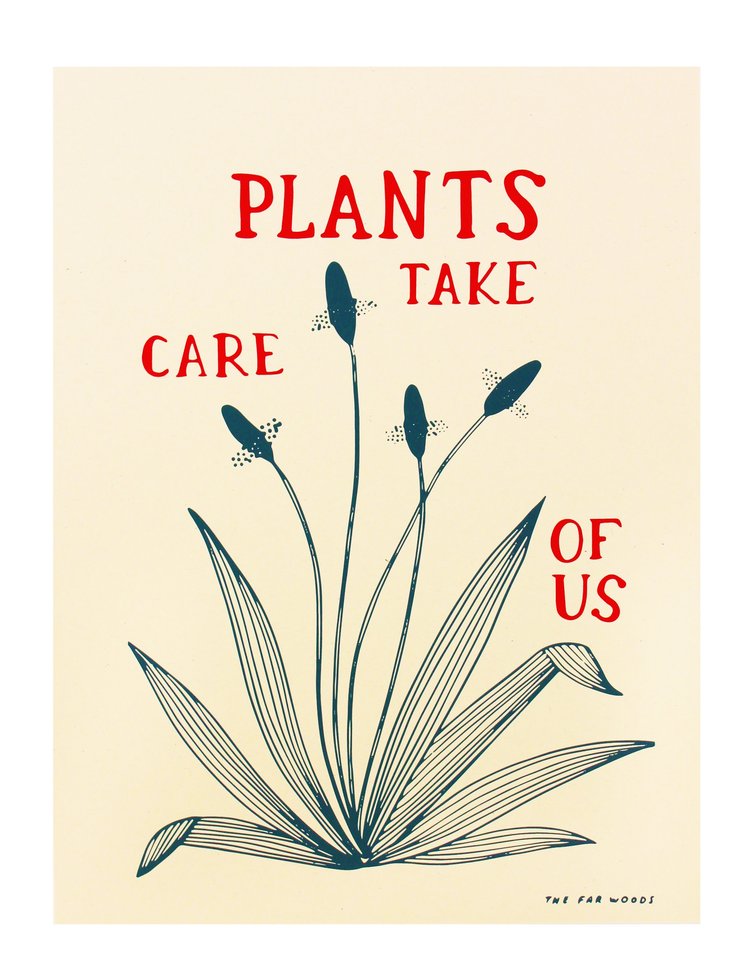tag > Regenerative
-
Nature's Marketing Agency Sucks
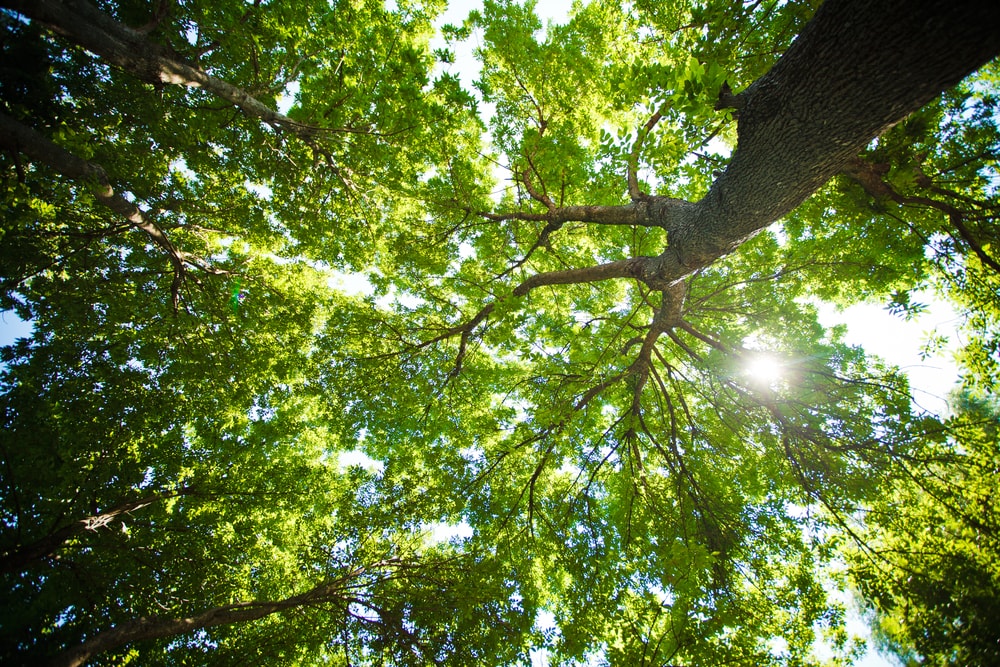
I find it peculiar how the topic of "nature" is poorly communicated in contemporary culture: The most stunningly beautiful natural places are commonly promoted (and perceived) as just "a place to do sports", "a place for old people", "a place to stop at for 30min during a car trip", "a place to take selfies for social media" or "a place to kill animals, grill & eat them". And the communication style is poor across the board: Think of climate activists describing nature mainly in terms of crisis & doom - or corporate "green-washing/laundering".
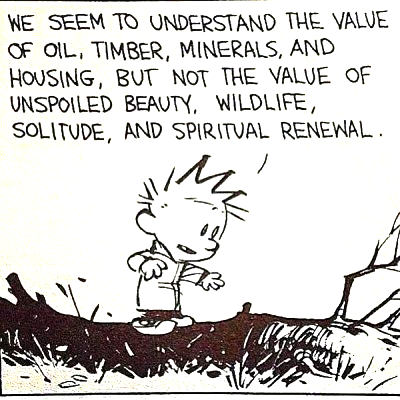
The "value of unspoiled natural beauty, wildlife, solitude and spiritual renewal" is hardly ever emphasized. Nature as a powerful source of experience, meaning, health and community. One thing is clear: Nature's Marketing Agency Sucks. And this has profound implication for how people perceive topics such as bio-diversity or well-being, and how people act.
Examples of great "marketing for nature" do exist: In Japan natural experiences are more frequently communicated with an appropriate sense of grace, dignity, care, maturity and playfulness - making nature relatable, desirable and relevant for ordinary people at scale. How can we learn from such successes and what new stories about nature do we tell?
#Nature #Ideas #Japan #Media #Narrative #Comment #Ideas #Regenerative
-
Vegetables have become far less nutritious (nih.gov)
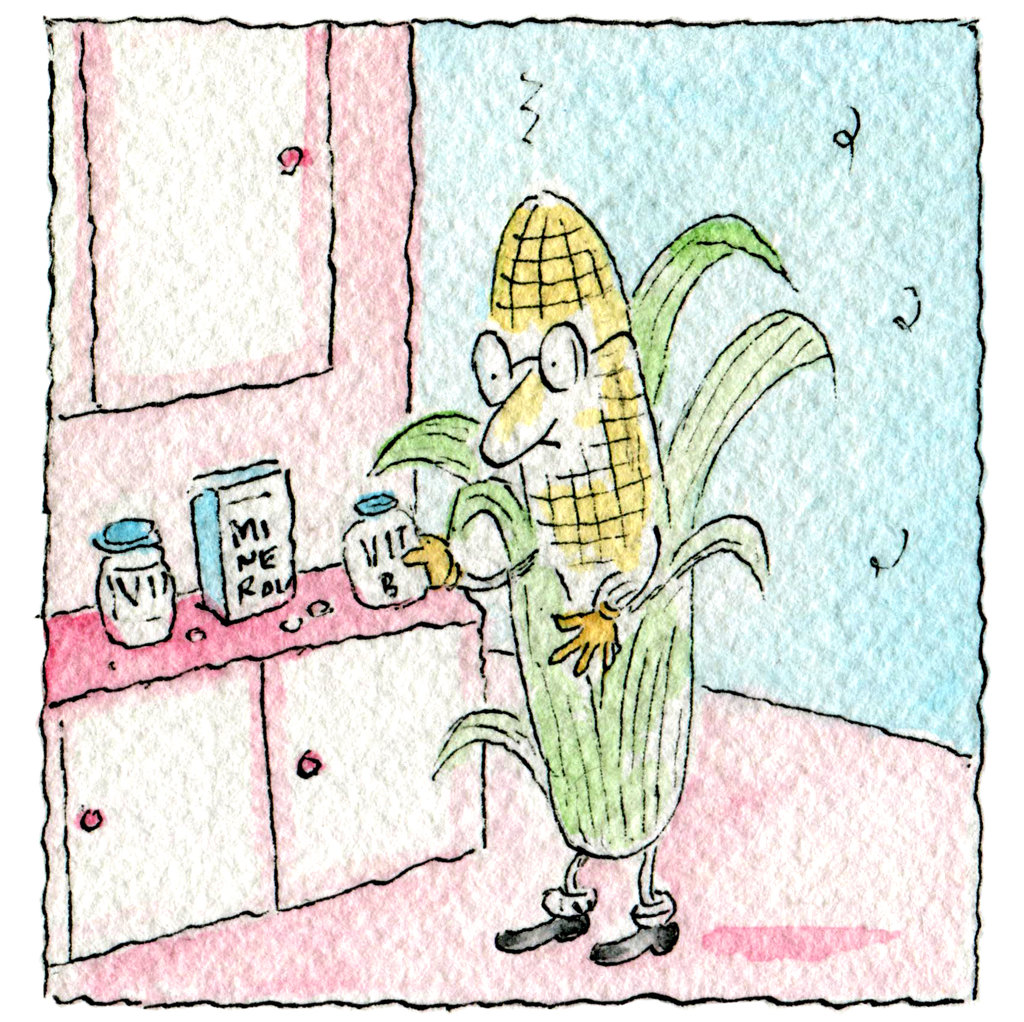
Magnesium is a critical mineral in the human body and is involved in ~80% of known metabolic functions. It is currently estimated that 60% of adults do not achieve the average dietary intake (ADI) and 45% of Americans are magnesium deficient, a condition associated with disease states like hypertension, diabetes, and neurological disorders, to name a few. Magnesium deficiency can be attributed to common dietary practices, medications, and farming techniques, along with estimates that the mineral content of vegetables has declined by as much as 80–90% in the last 100 years.
-
Mixed cultures for a greater yield (ETH Zurich) More evidence of the benefits of regenerative systems. Polycultures give higher yields than monocultures. (paper)
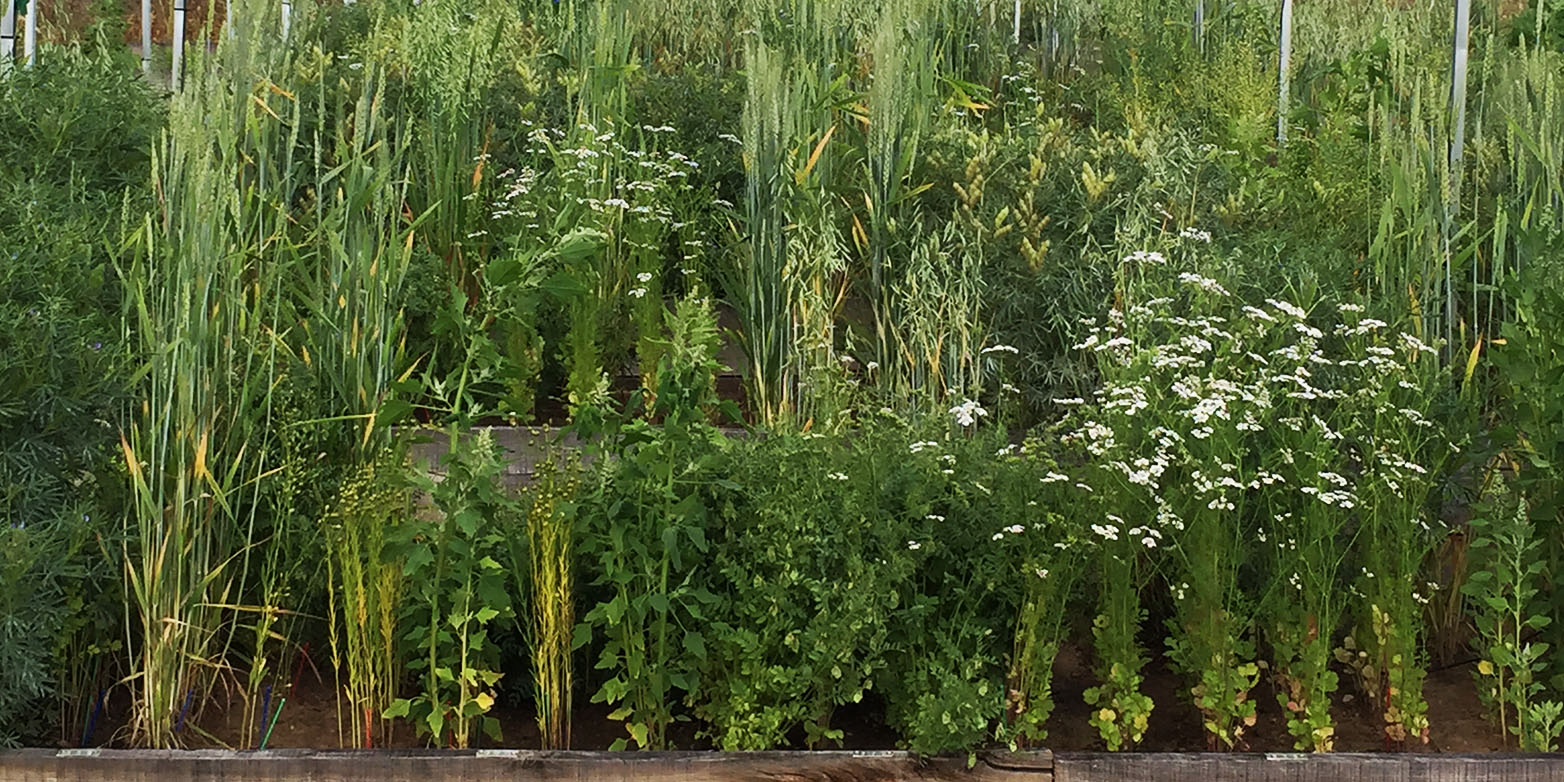
-
John Thackara on what’s urgent
-
Modified genes can distort wild cotton’s interactions with insects (sciencenews)

In Mexico, acquired herbicide resistance and insecticide genes can disrupt cotton’s ecosystem. [...] “These are profoundly interesting effects,” says Norman Ellstrand, an evolutionary biologist at the University of California. “It’s the first case that really suggests that a whole ecosystem can be disrupted” after transgenes enter a wild population.
-
A Theory Of Change, by Ilya Prigogine - found via a talk by John Thackara
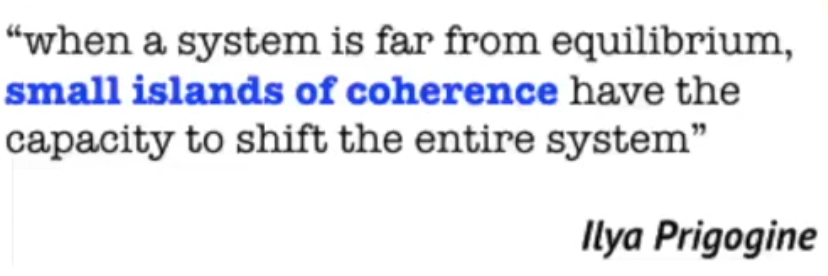
-
Xi calls for unprecedented efforts to improve global environmental governance (xinhuanet)
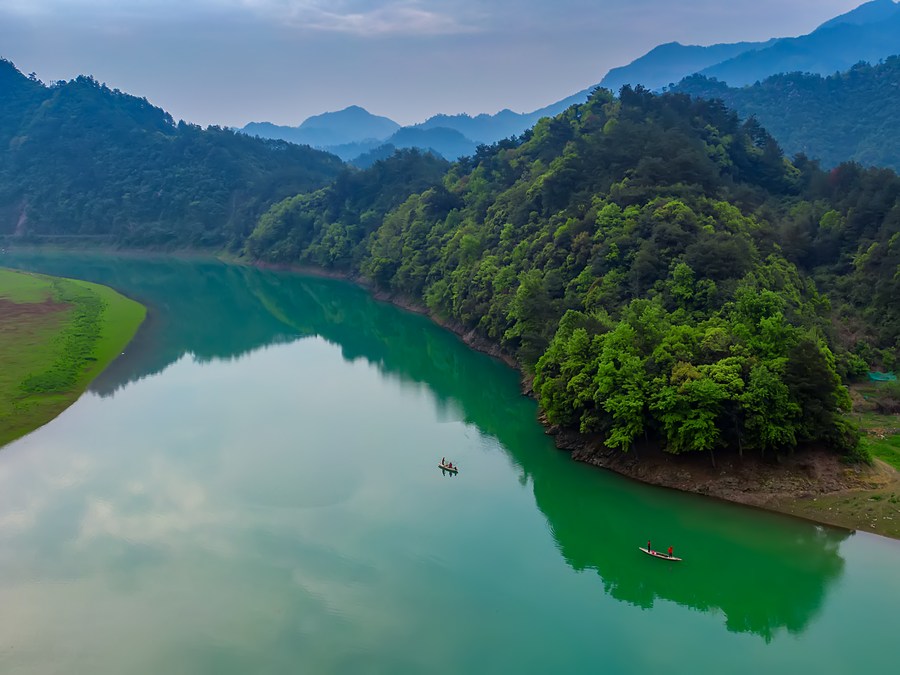
"Chinese President Xi Jinping said Saturday that the international community should work together with unprecedented ambition and action to strive for a fair and reasonable system of global environmental governance featuring win-win cooperation and promote the sustainable development of humanity. [...] Xi stressed that Earth is humanity's shared home, and a sound ecosystem is essential for the prosperity of civilizations."
-
Sakhalin (Сахали́н, 樺太) - "The strangest place on the planet"
Russian people often call Sakhalin "the strangest place on the planet", here many plants seem to fall ill with gigantism. Burdocks and nettles grow taller than a person, meadowsweet bushes are higher than 3 meters, and so on. Scientists do not yet know the answer to this riddle.
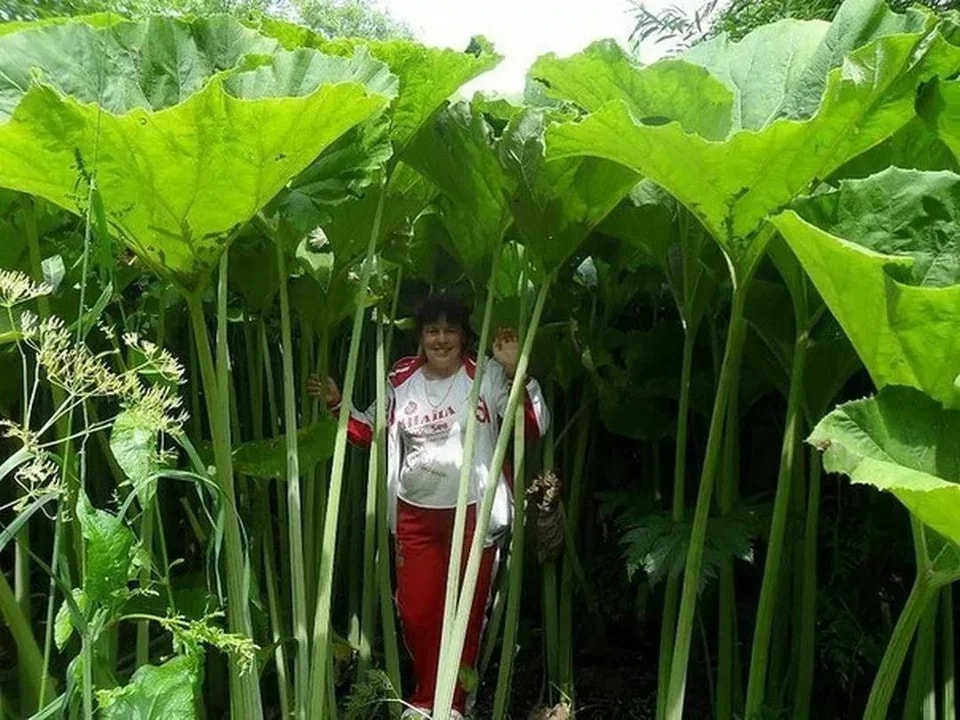
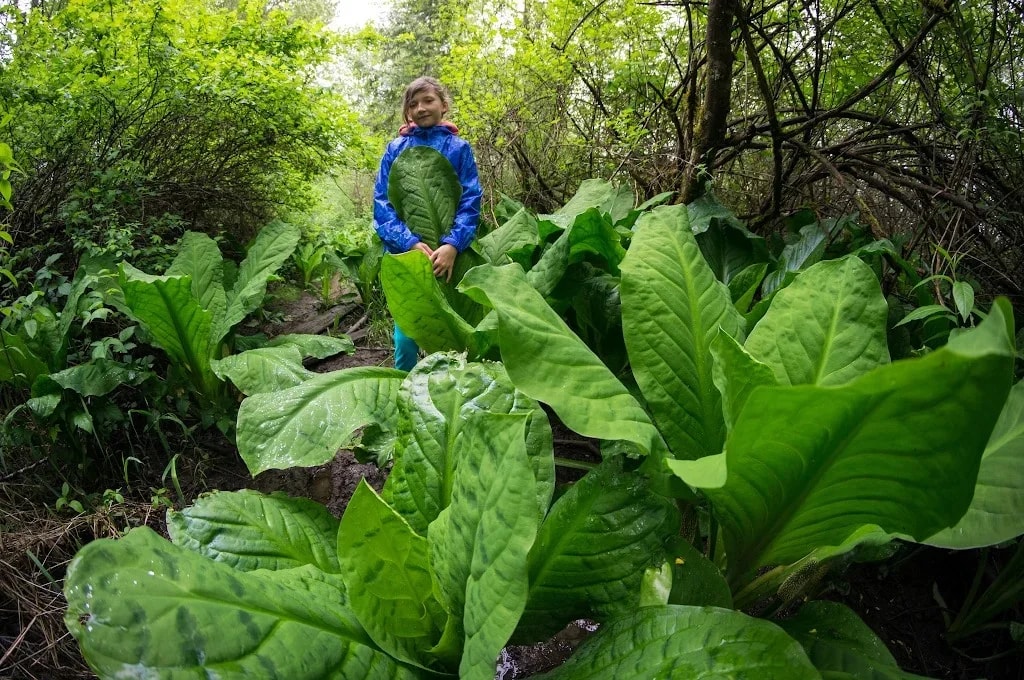
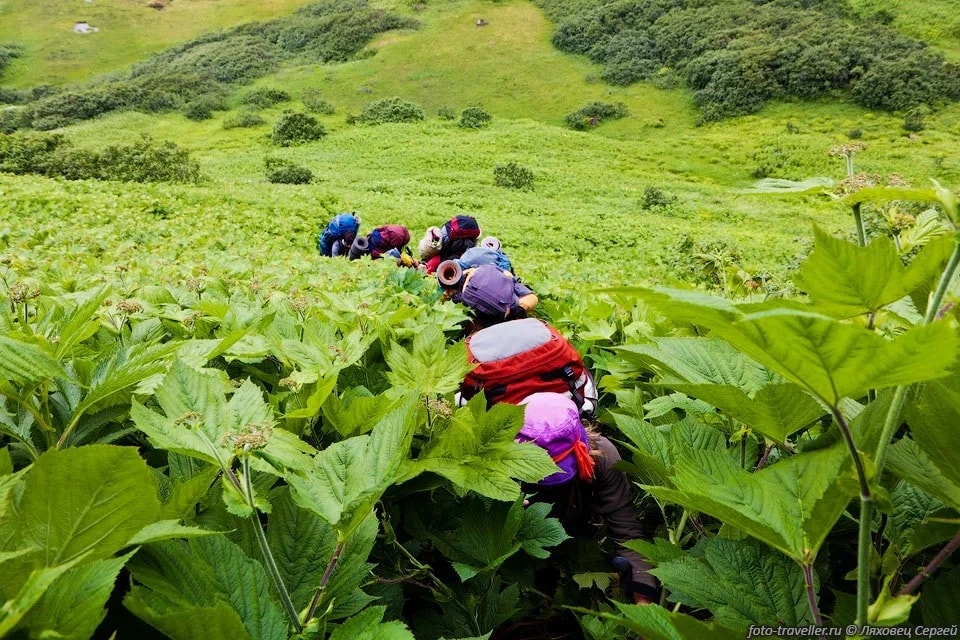
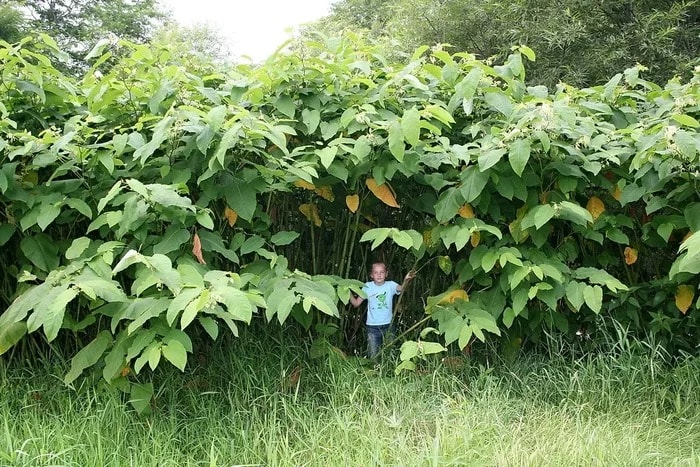
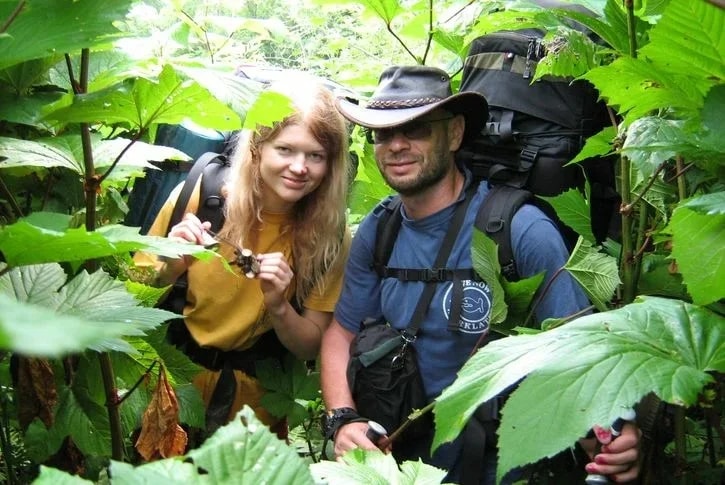

-
"Don't get distracted by abstraction. Connect with real people, in real places, and do good work with them." - John Thackara
-
The Human-Flora-Fauna relationship needs urgent improvement
